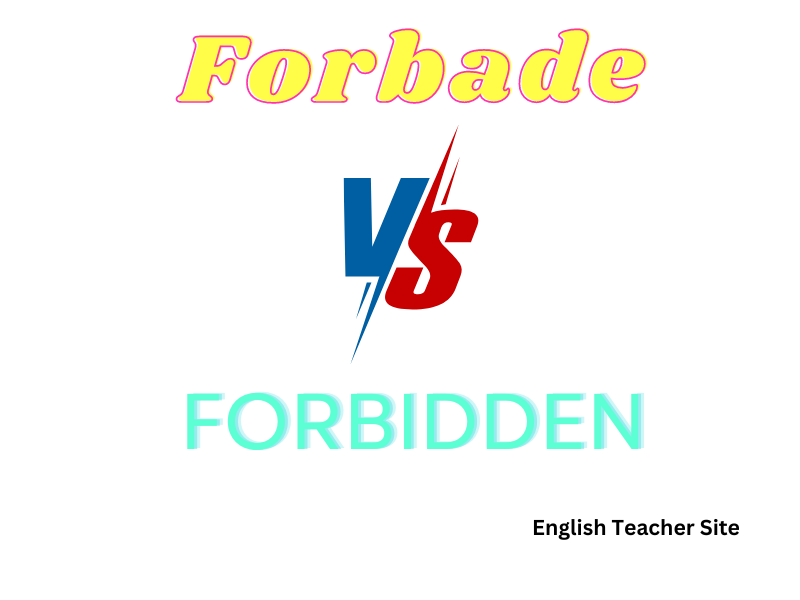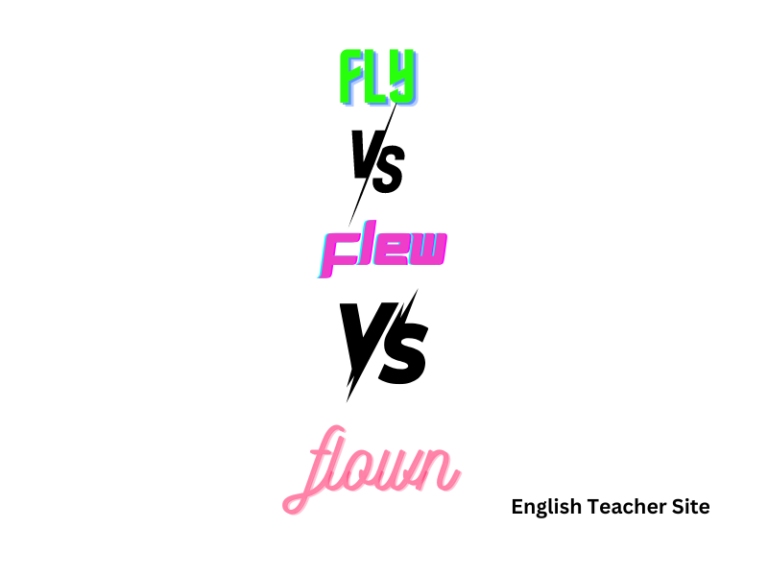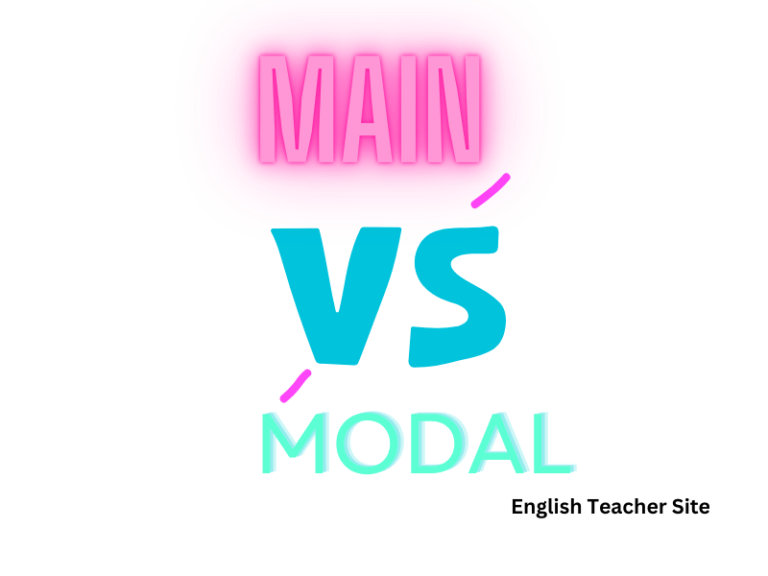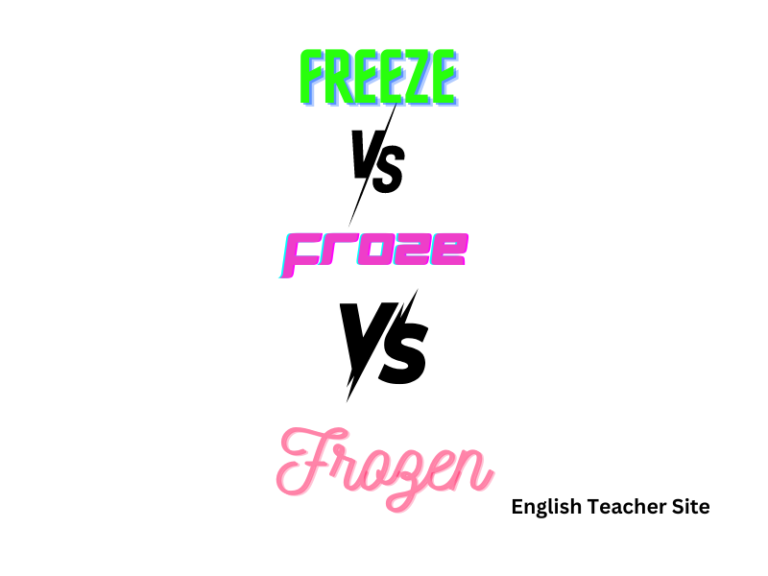What is the Past Tense of Forbid? Understanding Forbade and Forbidden

- “Forbad” and “forbade” are past tense forms of “forbid,” while “forbidden” is the past participle.
- “Forbade” is used for simple past actions, and “forbidden” is used in perfect tenses.
- The use of “forbid” varies in present tense; “forbids” is used for the third person singular.
When used in sentences, the distinction between “forbade” and “forbidden” is crucial because they serve different grammatical functions. “Forbade” is used for simple past statements, such as “She forbade them from speaking out of turn.” On the other hand, “forbidden” is typically used with an auxiliary verb to form perfect tenses, as in “They have forbidden the use of cell phones in classrooms.” The verb “forbid,” in its present tense, is also noteworthy because it maintains its base form except when used in the third person singular, which requires an -s, as in “He forbids.”
What Is the Past Tense of Forbid: Forbid, Forbade, Forbidden?
In the English language, certain verbs deviate from the standard pattern when forming their past tense; “forbid” is one such irregular verb.
Understanding the meaning and variations of the verb “forbid”
Forbid is a verb that carries the meaning to prohibit something or declare something as not allowed. As an irregular verb, its past forms do not adhere to the standard -ed ending that is common for regular verbs. The conjugation of “forbid” in the past tense has three variations, which are dependent on the tense in question.
The simple past tense of “forbid” can be expressed as “forbade,” which is the most commonly used past form:
| Subject | Verb |
|---|---|
| I | forbade |
| You | forbade |
| He/She/It | forbade |
| We | forbade |
| They | forbade |
However, “forbad” is also considered an acceptable past tense form, albeit less common:
| Subject | Verb |
|---|---|
| I | forbad |
| You | forbad |
| He/She/It | forbad |
| We | forbad |
| They | forbad |
In the past participle form, used with auxiliary verbs to form perfect tenses, “forbidden” is the correct term:
- I have forbidden
- You have forbidden
- He/She/It has forbidden
- We have forbidden
- They have forbidden
Bullet Points:
- Forbid is an irregular verb with unique past tense forms.
- “Forbade” is the conventional simple past tense.
- “Forbad” is an alternative simple past form, less frequently used.
- “Forbidden” is the past participle form of “forbid.”
Exploring Different Time Forms
The English verb “to forbid” is known for its irregular conjugation. This section deconstructs the way “forbid” behaves across different tenses, demonstrating its unique forms and uses.
Tenses of Forbid
Simple Past Tense:
In this tense, “forbid” historically takes the form “forbade.” However, you may occasionally see the archaic form “forbad” used.
- He forbade smoking in the area.
- She forbad the use of mobile phones during the meeting.
Past Participle:
For the perfect tenses, “forbid” is rendered as “forbidden.”
- They had forbidden us to speak during the presentation.
Simple Present Tense:
The present form remains “forbid.”
- The company forbids employees from sharing confidential information.
Present Participle:
Currently, participating in an action is communicated with “forbidding.”
- She is forbidding them from entering the restricted zone.
Future Simple Tense:
For actions expected to take place in the future, “will forbid” is used.
- They will forbid trespassing once the new rules are in place.
For a clear representation, the verb forms of “forbid” in various tenses are tabulated below:
| Tense | Form of ‘Forbid’ |
|---|---|
| Simple Past | forbade, forbad |
| Past Participle | forbidden |
| Simple Present | forbid |
| Present Participle | forbidding |
| Future Simple | will forbid |
Past Tense vs. Past Participle Form of Forbid
This section delves into the distinctions between these forms, providing clear examples to aid comprehension.
Distinguishing Between Past Forms
The verb “forbid” has unique forms for the past tense and the past participle that do not follow the regular pattern of simply adding -ed to the base form. The table below outlines these differences:
| Tense | Form |
|---|---|
| Simple Past Tense | forbade, forbid |
| Past Participle | forbidden |
Simple past tense: This form is used to describe an action that was completed in the past. The word “forbade” is traditionally used as the simple past tense, although “forbid” can also be considered correct in historical or formal contexts.
- Example: “Yesterday, the teacher forbade the use of cellphones during the exam.”
Past participle: This form is required when constructing perfect tenses. “Forbidden” is employed as the past participle and is widely accepted in modern English usage.
- Example: “Cellphones have been forbidden in the examination hall.”
The following bullet points further illustrate the proper use of each form:
- Forbade is archaic and formal, mostly used in literature.
- Forbidden conveys a sense of finality and is common in both written and spoken language.
- Forbid as a simple past form is less common but not incorrect.
It is crucial to take into consideration context and convention when deciding which form to use, as they significantly influence the appropriateness of each option.
Sentences with Forbid in the Simple Present Tense
Using “forbid” in the simple present tense is integral for establishing rules or declaring prohibitions in the present time. This section aims to clarify the correct use of “forbid” through practical examples, demonstrating its role in constructing present tense statements.
Illustrating Present Usage
Examples of “forbid” in affirmative sentences:
- She forbids distractions during her lectures.
- The policy forbids the use of mobile phones at work.
| Subject | Verb (forbid) | Object/Complement |
|---|---|---|
| He | forbids | eating in the library. |
| They | forbid | talking during the movie presentation. |
Examples of “forbid” in negative sentences:
- He does not forbid reasonable use of the internet.
- The company does not forbid personal calls during breaks.
| Subject | Auxiliary Verb (do/does) | Not | Verb (forbid) | Object/Complement |
|---|---|---|---|---|
| She | does | not | forbid | wearing casual clothes on Fridays. |
| They | do | not | forbid | bringing snacks into the break room. |
Examples of “forbid” in interrogative sentences:
- Does the teacher forbid texting in class?
- Do they forbid pets in the office?
| Auxiliary Verb (do/does) | Subject | Verb (forbid) | Object/Complement |
|---|---|---|---|
| Does | she | forbid | using calculators during the test? |
| Do | they | forbid | eating at the desks? |
Using “forbid” correctly in the simple present tense involves recognizing the subject-verb agreement and the context where rules or prohibitions are applicable. The examples provided are straightforward applications of the verb in various sentence structures, which help in committing its usage to memory.
Sentences with Forbade in the Simple Past Tense
The simple past tense of ‘forbid’ is ‘forbade.’ This form is used to express that someone was commanded not to do something in the past.
Demonstrating Past Usage
In the table below, you will find examples of how ‘forbade’ can be implemented in sentences to convey past actions where a prohibition was made.
Examples of ‘Forbade’ in Sentences
| Subject | Sentence with ‘Forbade’ |
|---|---|
| They | They forbade us from entering the restricted area yesterday. |
| She | She forbade her children from eating sweets before dinner. |
| The law | The law forbade parking in front of the fire hydrant. |
| Authority | The authority forbade swimming in the lake after the warning. |
To reinforce understanding, bullet points are used below to highlight the different subjects that can use the verb ‘forbade’:
- Individuals: “He forbade her from going to the event alone.”
- Groups: “The committee forbade the use of mobile phones during meetings.”
- Institutions: “The school forbade running in the hallways for safety reasons.”
When using ‘forbade’ in the simple past tense, it is integral to recognize that it is accompanied by an infinitive verb with “to” or by a gerund (-ing form). The structure usually follows the pattern of “[Subject] forbade [object] from [gerund]” or “[Subject] forbade [infinitive verb with ‘to’].”
Sentences that Use the Past Participle, “Forbidden”
The past participle of the verb “forbid” is “forbidden,” which is often used to express actions that have been prohibited. It is used with auxiliary verbs to form perfect tense structures or used as an adjective.
Showcasing Past Participles
To understand the application of “forbidden,” consider its use in both verb tenses and as an adjective:
Verb Tenses with “Forbidden”:
| Tense | Example Sentence |
|---|---|
| Present Perfect | She has forbidden her team from working overtime. |
| Past Perfect | They had forbidden the use of mobile phones in the meeting. |
These examples demonstrate how “forbidden” functions with auxiliary verbs to describe actions that occurred in the past but are still relevant at the moment of speaking or were relevant up to another point in the past.
“Forbidden” as an Adjective:
- In a rule: The entry to the laboratory is strictly forbidden without authorization.
- As a descriptor: The stolen painting was found in a forbidden wing of the abandoned mansion.
Using “forbidden” correctly enhances clarity and precision in communication. Be it in formal writing or everyday conversation, appreciating the nuance of “forbidden” allows for more effective expression of prohibitions and restrictions.
Words Similar to Forbid
Words that carry the essence of prohibition often imply restrictions and can reflect varying degrees of severity or formality. Here are two tables that categorize such words into formal and less formal alternatives:
Formal Alternatives:
| Verb | Definition |
|---|---|
| Prohibit | To officially prevent someone from doing something |
| Interdict | To officially forbid something, especially with the backing of the law |
| Veto | To reject or forbid a decision or proposal |
Less Formal Alternatives:
| Verb | Definition |
|---|---|
| Bar | To prevent or hinder |
| Disallow | To not allow or permit |
| Block | To stop movement or progress |
Additionally, several verbs echo the sentiment of “forbid” but offer nuanced differences:
- Proscribe: Often used in legal contexts, it means to outlaw or condemn.
- Ban: To officially or legally prohibit.
- Outlaw: To make something illegal or punishable by law.
In more conversational contexts, other verbs such as the following are utilized:
- Prevent: To stop something from happening.
- Exclude: To keep out from a place, group, or privilege.
- Debar: To formally exclude someone from a position or activity.
Origin of the Verb Forbid
The verb forbid has its origins in the Old English word forbeodan, comprising two parts: for-, meaning “against” or “opposed to,” and beodan, meaning “to command” or “to order.” This etymology highlights the verb’s foundational notion of imposing a prohibition or command against a particular action.
| Old English Component | Meaning |
|---|---|
| for- | against, opposed to |
| beodan | to command, to order |
The historical past tense of forbeodan was forbead, and the plural form was forbudon. Over time, these forms evolved, and in modern English, we have different past forms of “forbid.”
- Simple past: forbade
- Past participle: forbidden
| Past Form | Usage |
|---|---|
| forbade | simple past tense |
| forbidden | past participle form |
Understanding the origins of “forbid” allows us to appreciate the linguistic journey from Old English to the present. The transition from forbeodan to “forbid” exemplifies the way language evolves while preserving core semantic properties.
Source
Harper, Douglas. “Etymology of forbid.” Online Etymology Dictionary
My name is Khamis Maiouf. I am the creator of the English Teacher Site, dedicated to providing valuable resources and insights for students around the world. With a passion for education and a commitment to helping students enhance their skills, I aim to make English teaching more effective and enjoyable for both educators and students.






